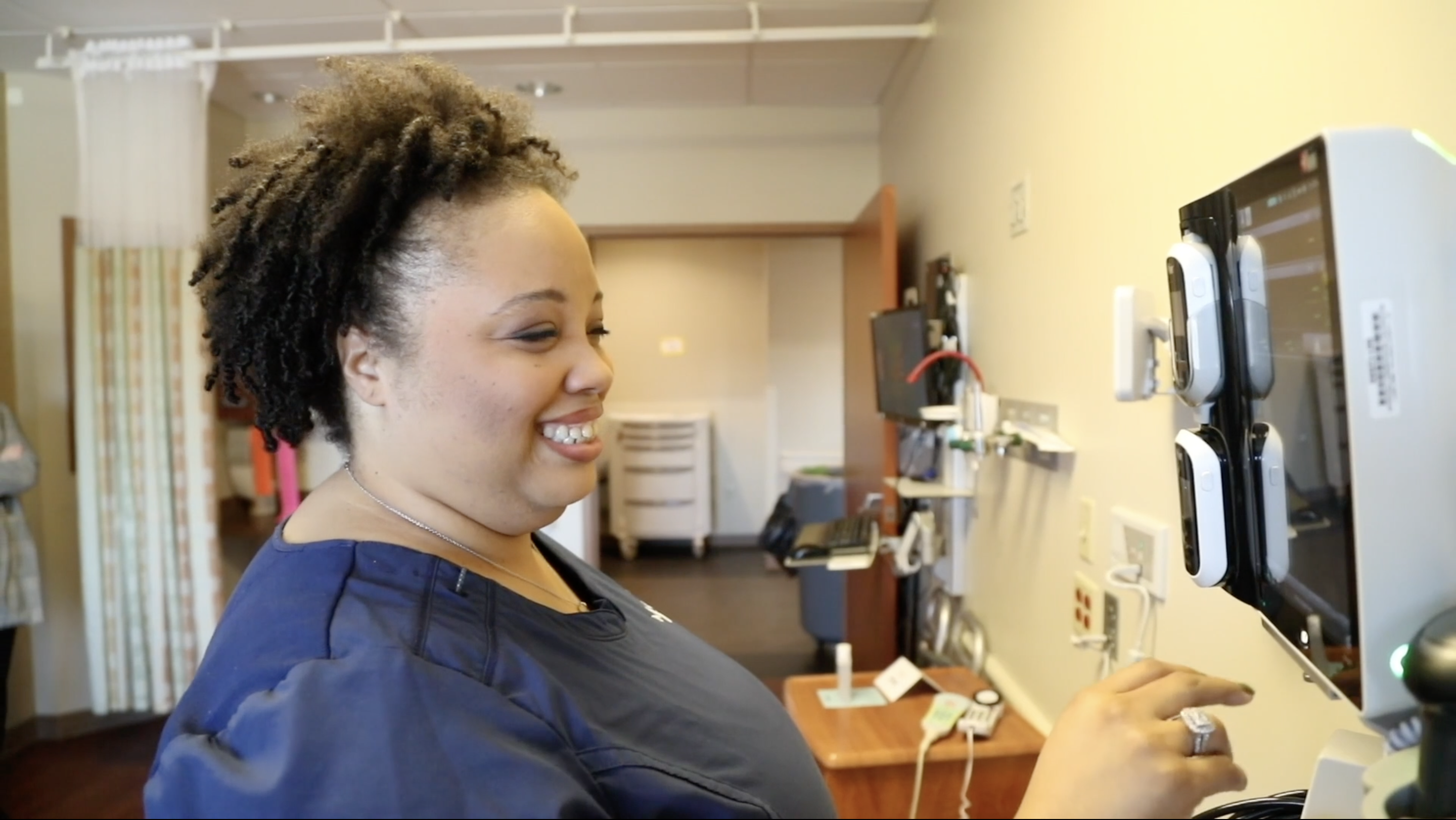In our recently published technical case study, we highlighted a remarkable achievement by St. Luke’s University Health Network – a staggering 68% reduction in overnight patient stays caused by transportation delays. For any hospital, this is an incredible feat. Not only does it mean that patients will be more satisfied thanks to a shorter hospital stay, it means that the health system is addressing a huge barrier to patient flow.
How did St. Luke’s accomplish this?
St. Luke’s is a large hospital system with 14 campuses and growing. The organization was experiencing an ever-increasing demand for patient transportation services, particularly during discharges and transfers. They relied on a communication center that care coordinators could call to request patient rides, but the demand placed on the communication center was overwhelming. Dispatchers were receiving upwards of 25,000 calls per month. This volume alone led to delays in arranging transportation for patients in the most efficient way possible.
Despite having their own fleet of vehicles for patient transportation, St. Luke’s often had to outsource rides to meet the demand, requiring dispatchers to make four phone calls on average per ride to secure alternative transportation. This complexity prolonged the ride booking process.
To enhance transportation efficiency, St. Luke’s turned to Roundtrip. Our platform offered a range of features to streamline their complex transportation workflow. Care coordinators could now submit ride requests directly through their computers, eliminating the need for time-consuming phone calls. Integration with Epic’s electronic health record (EHR) system allowed patient medical information to seamlessly flow into the ride booking portal, saving care coordinators valuable time on data entry.
When a care coordinator requests a ride for an ambulatory patient, Roundtrip automatically directs the ride to Lyft or Uber. If the patient is non-ambulatory, St. Luke’s dispatchers can now easily determine if their internal fleet is available, seamlessly transferring the ride request into their computer-aided-dispatch system, ZOLL RescueNet (also integrated with Roundtrip.) If their fleet is not available, dispatchers can release the ride to community transportation partners through community logic, Roundtrip’s automated transportation vendor selection process.
These tools collectively streamline the process, ensuring transportation requests reach the appropriate community partners. This increased efficiency in fulfilling rides resulted in significantly faster patient discharges, ultimately leading to a 67% reduction in overnight hospital stays due to transportation delays.
How was this measured?
Our platform provides a robust reporting dashboard that offers detailed analytics on ride consumption, ride reasons, ride times, vehicle types, and a lot more. Using this reporting dashboard, we analyzed ride data for non-ambulatory rides spanning from August 2022 to July 2023. Each time a care coordinator requested a ride on a given day and transportation providers had provided their estimated time of arrival (ETA) after midnight on that same day, it was categorized as an additional overnight stay. This analysis surfaced a noticeable trend: the longer St. Luke’s had used Roundtrip for booking and managing patient transportation, the fewer the instances of overnight stays resulting from transportation delays. When comparing the data from August 2022 (the first month of Roundtrip’s implementation) to that of July 2023 (nearly a year after Roundtrip’s implementation), there is a staggering 67% reduction in overnight stays attributed to transportation delays.
Figure 1: Extra overnight hospital stays caused by delays in securing transportation

Financial impacts
The 67% reduction in unnecessary overnight stays resulted in substantial cost savings for St. Luke’s entire hospital network. Considering that each additional overnight stay incurred expenses of at least $400-$500 per bed per night, this translated to an estimated monthly savings of $60,000 on overnight stays alone.
In conclusion, St. Luke’s achievement of a 68% reduction in overnight patient stays related to transportation delays is a testament to the power of innovation in healthcare. By adopting Roundtrip’s streamlined transportation solution, they transformed their patient transportation process, replacing labor-intensive phone calls with an efficient, integrated digital system. This shift not only improved staff satisfaction by removing call volume, but also addressed a significant bottleneck in patient flow: transportation.

